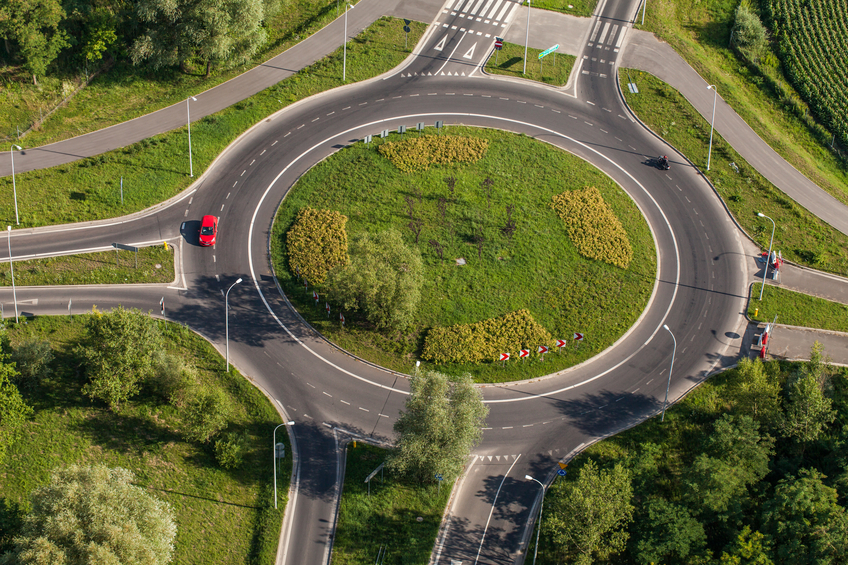Characteristics of Successful Roundabout Projects

This online engineering PDH course presents the characteristics of successful roundabout projects.
Roundabouts, modern versions of traffic circles and rotaries, offer superior safety, environmental benefits, and cost savings compared to traditional intersections. Implementing roundabout projects can be challenging, so understanding the key factors for success is valuable. Successful construction projects require effective coordination among designers, contractors, tradespeople, and suppliers. This course focuses on identifying the crucial characteristics necessary for achieving successful roundabout projects, including a detailed examination of roundabout advantages and a review of notable projects by the U.S. Department of Transportation.
This 4 PDH online course is applicable to civil and transportation engineers as well as other technical professionals who are interested in promoting the use of roundabouts.
This PE continuing education course is intended to provide you with the following specific knowledge and skills:
- Understanding the advantages of roundabouts over traditional intersections in improved safety, reduced congestion, reduced pollution and fuel use, and reduced expenditure on equipment and maintenance
- Knowing how to use effective print and web outreach
- Familiarizing with public engagement
- Learning how trucks can be accommodated
- Knowing how pedestrians and bicycles can be accommodated
- Familiarizing with the use of mock drivable roundabouts
Upon successful completion of the quiz, print your Certificate of Completion instantly. (Note: if you are paying by check or money order, you will be able to print it after we receive your payment.) For your convenience, we will also email it to you. Please note that you can log in to your account at any time to access and print your Certificate of Completion.